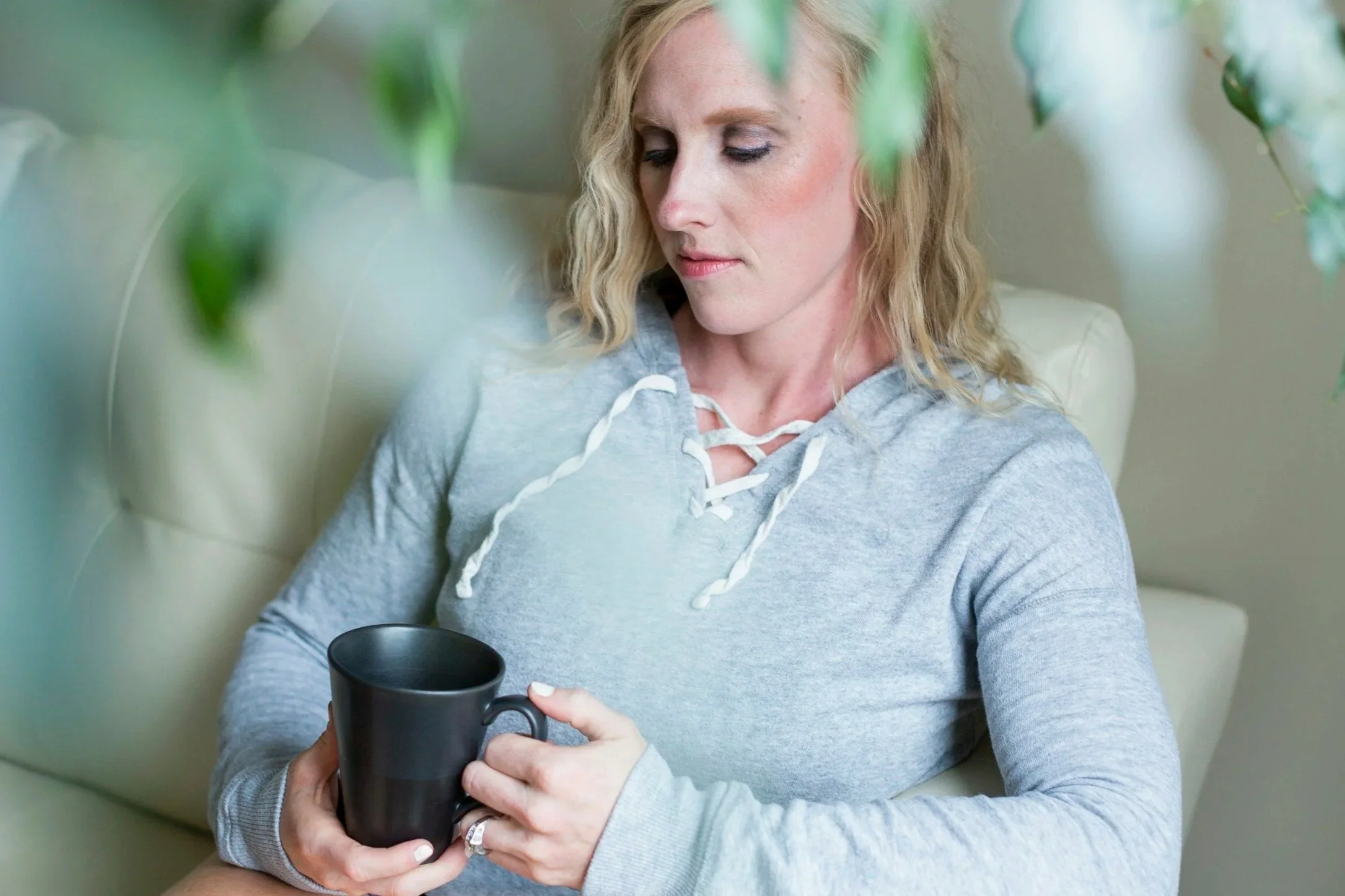Your Questions, Answered: Finding the Right Support for Your Wellbeing
Starting therapy can feel like stepping into the unknown. You may be wondering what to expect, how it works, or whether it could make a difference for what you’re going through. For some people, therapy is a way to navigate a specific challenge such as infertility, grief, or the transition into menopause or perimenopause. For others, it’s about personal growth, learning new skills, and building on the strengths they already have.
Whatever has brought you here, it’s natural to have questions. Below, we’ve answered some of the most common ones we hear from clients, to help give you a clearer sense of how we might work together and what the process can look like.
1. What kinds of things do people come to see you for?
People come for many reasons!! There’s no “right” or “wrong” reason. Some are feeling stuck, anxious, overwhelmed, or flat. Some are experiencing workplace issues such as stress or burnout. Others are navigating life changes like menopause, perimenopause, infertility, parenting shifts, career changes, or grief.
Some come to better understand themselves, explore personal strengths, and create a life that feels more aligned with their values.
2. What is strengths-based therapy?
Strengths-based therapy focuses on building what’s already working such as your abilities, resources, values, and past successes. It doesn’t ignore challenges; it combines acknowledgment of difficulties with practical strategies to use your strengths to move forward.
3. What is Cognitive Behavioural Therapy (CBT)?
CBT helps you notice patterns between thoughts, feelings, and actions/behaviours. We explore whether these patterns help or hold you back, and develop strategies you can practice between sessions to create meaningful change.
4. Do I need to have a mental health diagnosis to see a psychologist?
No! Some clients have a GP referral under a Mental Health Care Plan; some clients have psychology covered under their private health insurance, others come privately for support or personal growth. Therapy can be about recovery, prevention, or development. Whatever suits your needs!
5. What happens in the first session?
The first session is a conversation, there may be some tears, there may be some laughs! We explore what’s happening for you, your goals, and any obstacles. By the end, we’ll have a sense of what you want to work on and how we might move forward, together.
6. How do I know if you’re the right psychologist for me?
The right fit comes down to feeling heard, respected, understood, and where you feel like you will be able to share the thoughts and experiences you are having. You’re welcome to reach out and organise a quick 10-minute chat before booking, to see if it feels right. Therapy works best when you feel safe to be yourself.
7. I’m struggling with infertility - can I talk to you about that?
Absolutely. Infertility can be emotionally exhausting and isolating. It often brings grief and anxiety for the future. It is unsettling to have so many uncertainties looming over you. Together, we create space to process emotions, manage stress, and maintain your sense of self and wellbeing.
8. Can you help with menopause and perimenopause?
Yes. Hormonal changes can affect mood, cognition, and relationships. We discuss practical ways to manage these shifts and support your emotional wellbeing during this stage.
9. Do you give homework?
Sometimes! Some people like to call them action plans, and sometimes they can even be fun. Strategies are practical, realistic, and tailored to you — small, achievable steps rather than overwhelming lists. Change happens within and outside the therapy room and the goal behind homework is to play and practice with the strategies in real life!
10. Do you offer online sessions?
Yes. Telephone and online sessions offer flexibility! The quality of support is the same, you just get to wear your comfy socks and have your favourite tea handy!
11. What if I’m not ready for therapy yet?
That’s okay. You might start with our free resources. Small steps, even reading and reflecting can be the start of meaningful change.
If you’d like to explore your own wellbeing, strengths, or learn about sustainable self-care, you’re welcome to check out our mini course, free resources or get in touch to learn how we can support you on your journey.


